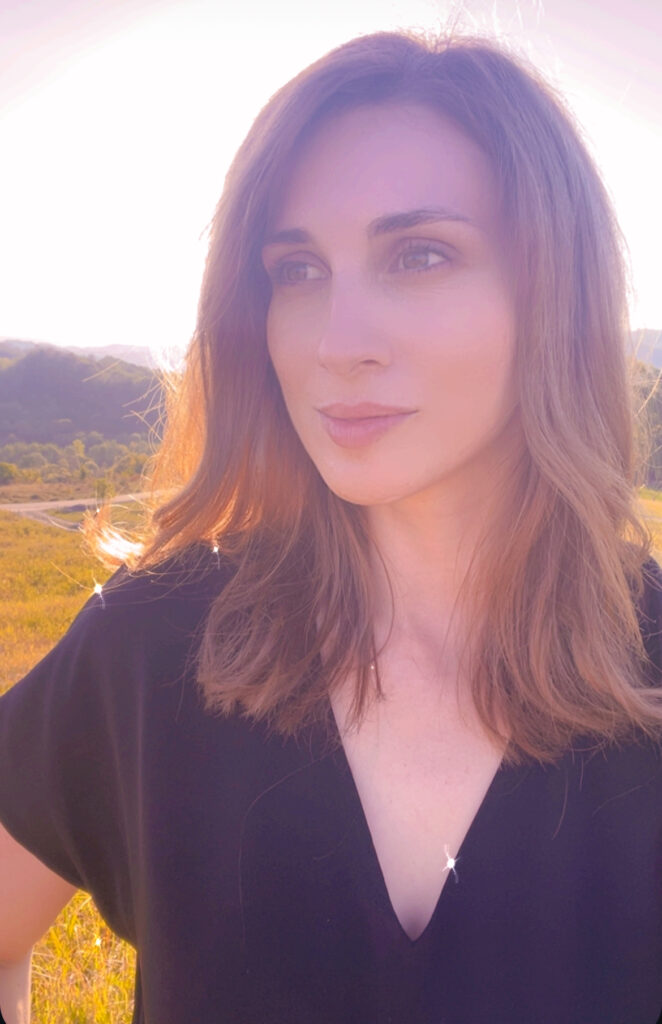
Far from Concrete
We now live in a false world. A world where illusions cloak our senses, and ancient teachings seem to slip through our fingers like sand. We exist, it seems, merely as puppets of unseen forces, following a course dictated by the society that surrounds us.
Yet somewhere deep within us, we remember—a sweet, evanescent memory—of times when our hearts were united with nature, when the mountains and forests offered us refuge. Now, we are crushed beneath the concrete structures raised in a silent frenzy, suffocated by our own creation, forgetting the essence of our being.
Our cities appear as sickly bodies, devoid of soul, with open wounds, far from the vibrant gardens of nature. The days when the air resonated with the scent of flowers, the gentle whisper of the wind through the leaves, and the song of birds are now mere shadows. Gardens that were once lush and rich have transformed into lifeless landscapes, confined within walls, with no human hand to shape them with care.
Our children no longer know the rustle of nature; their longing to return to the embrace of the earth is stifled by the constant noise of the city. And yet, somewhere, a persistent glimmer remains—a diffuse memory of the fresh taste of fruit plucked straight from the tree, far from the cold concrete that suffocates our lives. We have drifted away from that vibrant world, and now we gaze only upon the ruins of a lost paradise.
This world we inhabit is an illusion, a fragile construction of dreams and desires. We live without feeling the true weight of things, merely fulfilling imposed roles, without questioning whether we are truly present. Between good and evil, between light and shadow, we lose our real contours, becoming vague, incapable of perceiving clearly what is authentic. We have forgotten how to live in the heart of the forests, to breathe deeply in the fresh mountain air. Instead, we bury ourselves beneath mounds of concrete, silent walls that rise higher and higher, ever more distant from us.
Humanity is always preparing, with growing anxiety, for earthquakes, wars, and crises. Our cities, flourishing with civilization, seem powerless in the face of disaster. Yet somewhere, far away, hidden from the clamor of the world, those who have embraced the tranquility of nature rejoice in the fruits of their orchards, in their vibrant gardens. They know a sustenance that does not fade, a nourishment that endures.
How simple it is for children to feel the earth’s call! They come into this world with a desire to remain connected to all that is green and alive. And we, little by little, corrupt their taste. We teach them to love what is artificial, what is hollow. Then we wonder about the paths they take, the friendships they lose, the habits that consume their lives. In the end, they, like us, chase after false nourishment—food that, instead of giving life, takes it away.
Why should we seek refuge in proud, cold cities, where abundance flows quietly yet never extends a hand to the fallen? Cities where the air becomes heavy to breathe, where the water carries the bitterness of impurities, and where food no longer has the taste of life? Crowded, dark homes stifle the spirit, and sickness silently creeps through the walls. Yet, don’t we find joy in losing ourselves in a garden, feeling its coolness and peace? Why not live right in its heart? The closer we draw to nature, the more we allow its secret rhythm to embrace us, the more we will discover what it truly means to have a healthy body, a clear mind, and a tranquil soul. In the bosom of nature, we will find immortal nourishment, the kind that sustains us beyond time, beyond all that is fleeting.
Leave a Reply